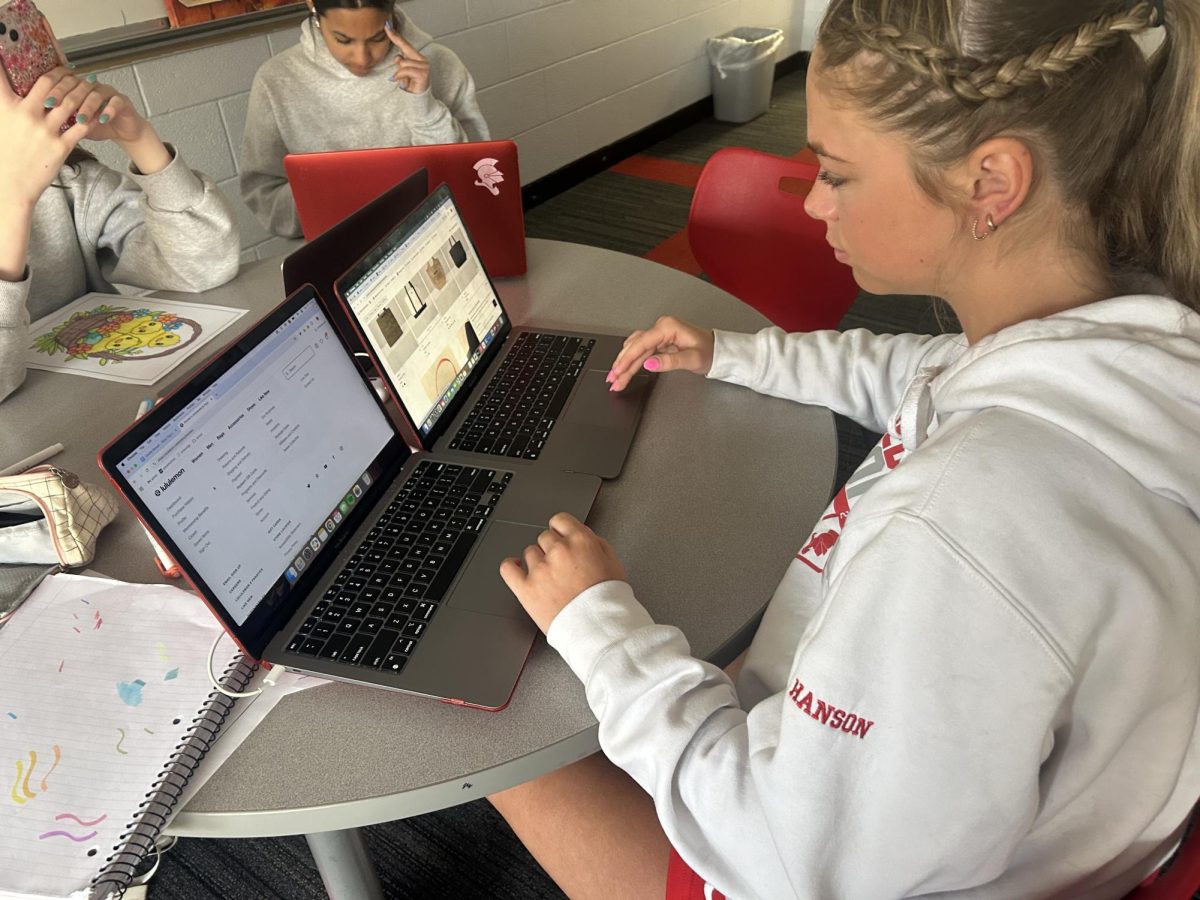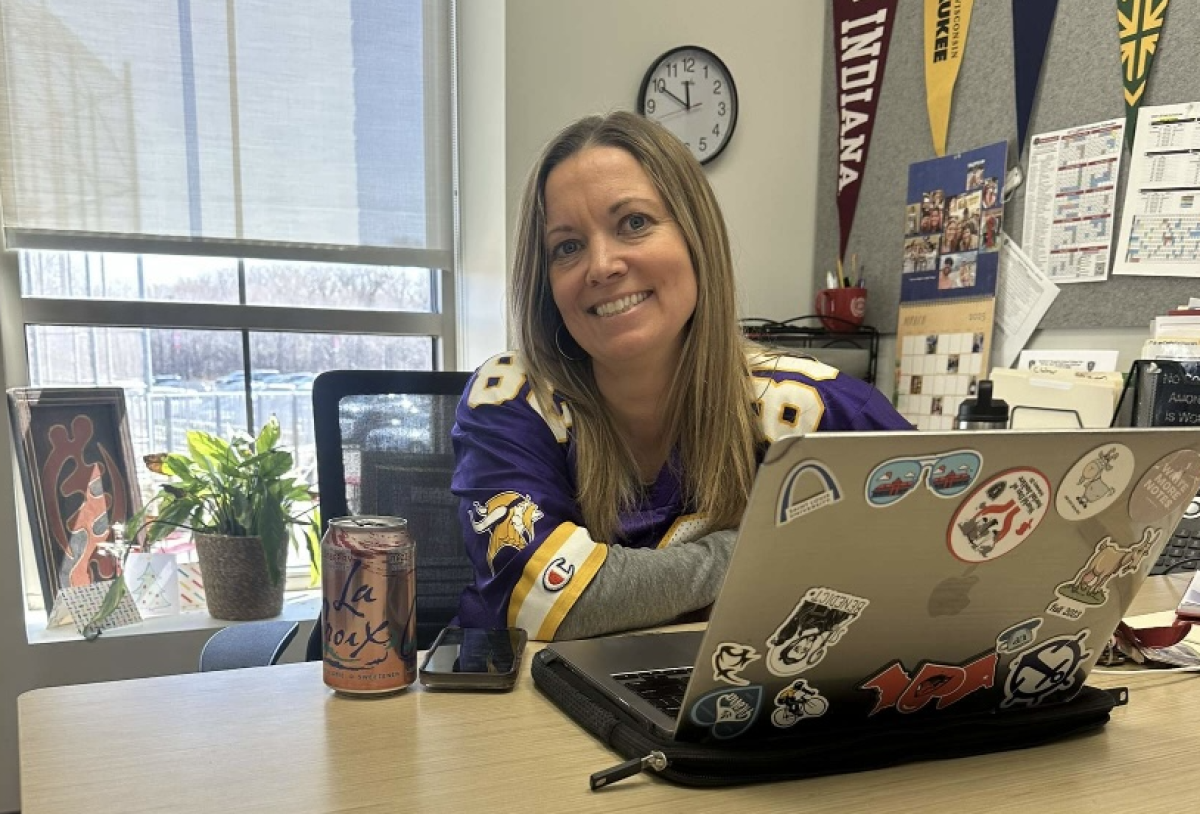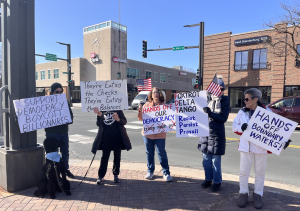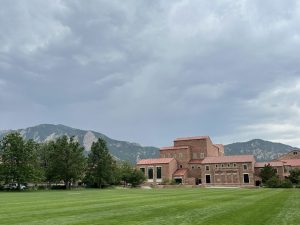Why I didn’t walk out
Senior Lorenzo Cerda explains why he chose to not walk out.
March 19, 2018
The National Student Walkout took place March 14th and included thousands of students from around the nation walking out of their schools to raise awareness following the mass shooting in Parkland, Florida. According to BSM administration, 25% of the Senior High and 20% of the Junior High walked out for 34 minutes to stand in solidarity with thousands of other high school students. However, after a lot of personal deliberation, I chose not to walk out.
The walkout that happened was a protest against gun violence, senseless deaths, and a call to action for the political leadership of the older generation. However, walking out of school can all too easily pit students against the administration. We have seen instances of high schoolers being suspended in Texas for walking out, which turns attention not toward the issue of gun violence, but instead toward the school.
This is not our fight. We must stay focused on our goal and not aggravate schools on a national scale. We need the schools on our side supporting us, because the fight is not against the schools, rather, it is a fight to get the leadership in Congress to listen to the concerns of our students for their own safety. For BSM, the school administration was supportive; however, for many school districts, walking out is considered unruly and rash and causes problems that high school leaders advocating for change should not have. I believe that there is a better way.
To the brave high schoolers who networked and planned a national scale walk-out, I commend your maturity and their passion to get involved in matters that are important to you. I believe strongly that gun violence in schools and mass shooting are wrong and that necessary steps must be taken to protect the students of my generation and the future from the horrors that we have already seen. However, the way that I plan on approaching the problem comes from a different angle.
I want students to be leaders in their communities. I want to emphasize not only the importance of education, but the importance of life. I think that awareness and discussion with federal legislators are incredibly important, but I think that we can also take action in the school building to change the culture of hostility in schools. The students who walked out are using their voices to try to influence the older generation to make change. We need to use our voices to influence our own generation to make change.
Led by high school leaders who will not only advocate for change, but be the change, we can take steps to be more inclusive, accepting, and understanding. A common characteristic amongst school shooters is that they were outcasts in school and had little to no friends. Instead of calling the kid wearing a black hoodie in the corner with headphones edgy, start to talk to him. Instead of labeling students with mental illnesses as school shooters and outcasting them, befriend them and learn about them. We, as a community and society of high schoolers who very soon will take leadership roles in the next generation, can do something about that TODAY. Make a positive change in your community every day by doing what you know is right to people who are hurting, scared, and marginalized.
Walking out puts our faith in the politicians to do what we believe is the right thing. We are putting our trust in the current leaders to make change for the future. I believe that we should make changes today to empower leaders of the future. Taking the time to befriend the kid who is considered weird may prevent another tragedy. It may open up an opportunity for a student to reach out for help. It might just give him a friend. Instead of walking out, stand up for injustices that you see in your school. Be a good influence on everybody and your good works will be reciprocated. We will be the generation that stops senseless deaths and mass shootings and protect our future generations from the pain that we endured. By fixing our divided culture into one of understanding and inclusivity, the leaders that we elect will enact positive change that the leaders of today have not.




































![Teacher Lore: Mr. Hillman [Podcast]](https://bsmknighterrant.org/wp-content/uploads/2025/03/teacherlorelogo-1200x685.png)












